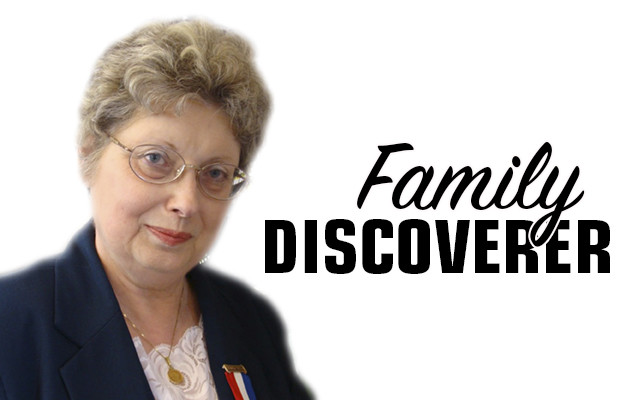
Brick walls occur frequently in genealogical research. A line you’re researching suddenly comes to an end with seemingly nowhere to go. What to do? Quite often there’s a clue hidden in your research that you neglected or which you thought had no value. Sometimes it’s these clues that open doors to additional paths of research.
It’s also time to do some FAN searching — that is, friends, associates and neighbors. By widening your research you can often uncover your missing ancestor, identify possible other relatives, or locate links to your family. FAN research can help you chip away at that brick wall.
It’s always wise to pay attention to small details. Where do you start? Look at his/her presence in the last census. Where was the ancestor living? Is he shown as an owner or a boarder? Was he listed as a relative of the head of household? Sometimes we skip the label “uncle” or “cousin” or “in-law.”
Also, look for his/her occupation. Did he work independently or for a company? If he’s in a city try searching city directories for information on the company. Could there be surviving records? City directories also may tell you if your ancestor moved and where or died. You may also find the name of a surviving widow.
What church did your ancestor attend? Finding a church in the next street may give you a clue where to look for any records they may have. Also, look for ethnic churches particularly among Catholics. In cities it’s not uncommon to find German, Irish, French, Polish, Italian and other Catholic churches. If your ancestor was Irish, you should start your search at the Irish Catholic Church and you’re apt to find baptismal, marriage and funeral records.
What about friends? If you’ve no clue, start with the best man or maid of honor at your ancestor’s wedding. If they weren’t siblings it’s likely they were close friends. Can you locate them or their descendants? Letters or diary entries may survive. Old identified photos may also yield clues, class yearbooks, and other children in the neighborhood.
Don’t neglect nearby neighbors. One family I researched showed most of the daughters married men in their immediate neighborhood. Your aging ancestor may have lived with a child or children in turn. In that case city directories will be invaluable particularly between censuses.
What about organizations? Might your ancestor have belonged to a church group such as the Knights of Columbus? If your ancestor was a veteran you may find he belonged to an organization such as the VFW or American Legion. These organizations have records which may give you information on when an ancestor died or where he may have moved.
These are just some of the possible sources to chip away at a brick wall. Expand your search outward. Look for missed hints. Check out the widest FAN group you can. Don’t ignore the smallest clue. It may yield great results. Never give up.
Columnist Nancy Battick of Dover-Foxcroft has researched genealogy for over 30 years. She is past president of the Maine Genealogical Society, author of several genealogical articles and co-transcribed the Vital Records of Dover-Foxcroft. Nancy holds an MA in History from UM and lives in DF with her husband, Jack, another avid genealogist. Reader emails are welcome at nbattick@roadrunner.com.







